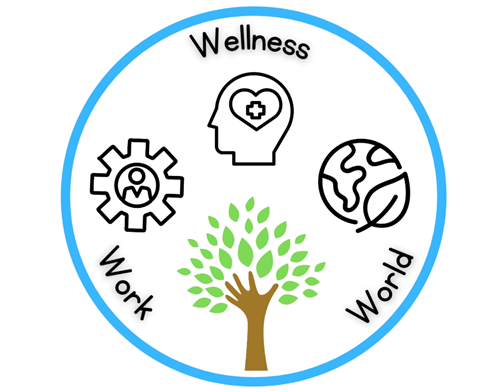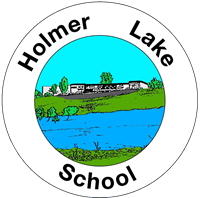Religious Education
Curriculum Leader - Mrs. Watson and Miss. Baylis
Subject Leader - Mrs. Minehan
Link Governor - Mrs. Hevingham

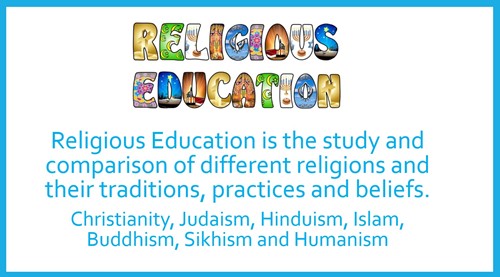
Our intent is to fully meet the RE Council for England and Wales’ aims through the use of the Telford and Wrekin agreed syllabus, and in doing so be fully inclusive to all children.
The aims of teaching Religious Education are to develop pupils who:
- Know about and understand living world faiths by exploring core theological concepts.
- Are inspired and challenged by the knowledge and skills to make sense of biblical texts and understand the impact these have on the worshipers.
- Critically reflect upon, evaluate and apply their learning to their own growing understanding of religion and belief.
- Have confident and positive attitudes towards the learning of Religious Education.
- Extend their sense of values and promote their spiritual growth and development.
- Experience links with the wider community through visits to places of worship.
At Holmer Lake, our aims are fulfilled by providing a scheme of work on a 2 yearly cycle, which has precise and accurate representation of religious and non-religious traditions, giving learners a range of opportunities to learn develop a deep understanding of key concepts. The key concepts that have been identified are the “golden threads” that progress and are revisited throughout the RE Curriculum. The golden threads support children’s ability to make links in their learning, so new knowledge builds on what has been taught before, ensuring that children ‘know more, and remember more’. As they move through the school, they will develop confidence in communicating their knowledge and understanding using specialist vocabulary. The curriculum is delivered by encouraging the children to reflect on their own experiences and to formulate their own ideas, beliefs and values.
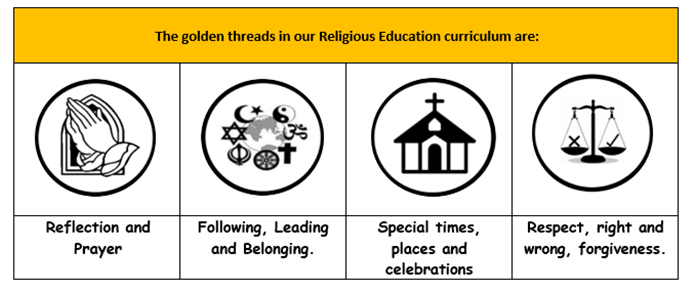
An example of curriculum end points for Religious Education.

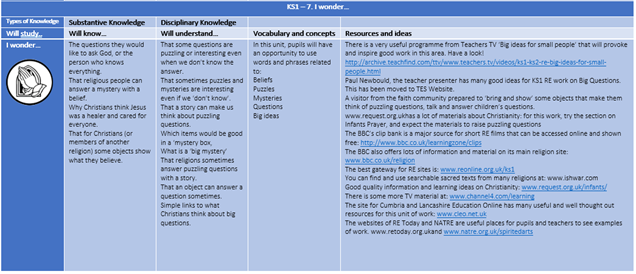

Click here to see the Religious Education Curriculum Overview

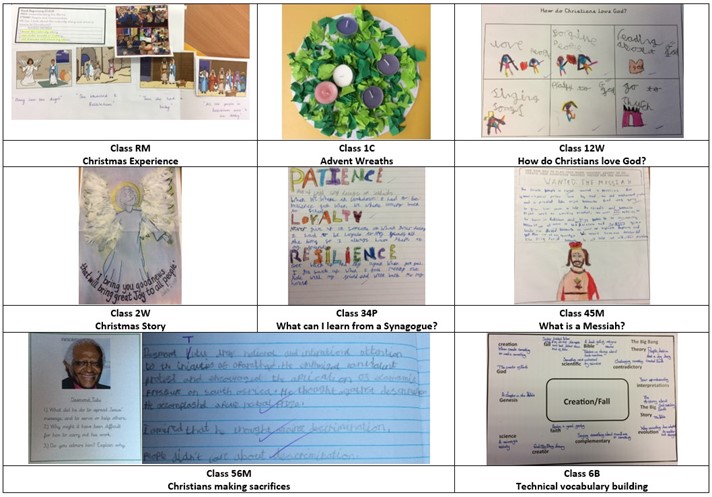
Reading
Through reading key texts in each year group, pupils develop their knowledge of religion and how it impacts on the life of the believers. Through RE lessons, pupils read extracts from religious texts, using their comprehension skills to retrieve, infer and explain the meaning.
Writing
Text types such as non-chronological reports, posters and letters are incorporated into our RE syllabus, transferring skills taught through English lessons into RE written pieces of work.
Early Years Foundation Stage.
The golden threads of the RE curriculum are established in EYFS. Pupils begin to develop an understanding of special times, places and celebrations through their own experiences.

 EYFS Long Term Planning and progression towards KS1.
EYFS Long Term Planning and progression towards KS1.

An example of Religious Education plans in EYFS.
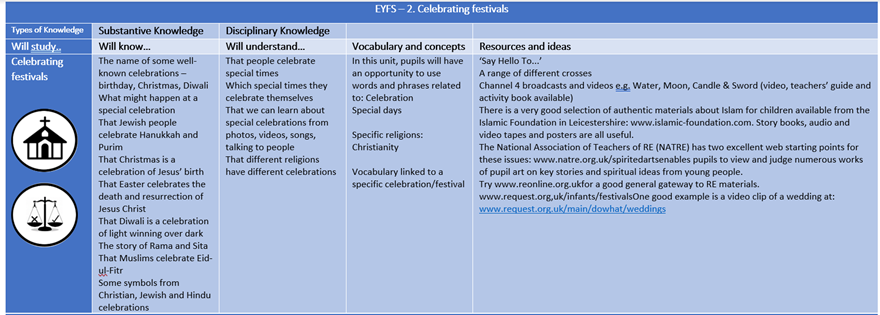
SMSC and British Values.
The RE curriculum supports the Spiritual, Moral, Social and Cultural development of our children. British Values are actively promoted and embedded into the RE curriculum
The RE curriculum is designed to develop children’s moral and spiritual values, respect and tolerance, through their understanding of religions, cultures and ways of life different from their own. This ensures that children have respect for other people’s views and celebrate the diversity in society. We enhance our children’s understanding of their place in a culturally diverse country by giving them opportunities to experience such diversity through assemblies and visits to places of worship. Pupils and their families of different faiths or religions are encouraged to share their knowledge to enhance learning within classes and the school. Our intent is to develop an enjoyment of learning through practical activities, discussion, exploration and discovery.
Inclusion
At Holmer Lake Primary School we actively seek to remove the barriers to learning and participation that can hinder or exclude individual or groups of pupils. All children benefit from quality first teaching in the classroom where teachers set high expectations, cater for the needs of individuals, and provide opportunities for all pupils to achieve and progress. Teachers are aware that pupils bring different experiences, interests, and strengths to school which influence the way they learn. Teachers plan and adapt their approaches to teaching and learning so that all pupils can take part in lessons fully and effectively. For example, in RE, a pupil may require a simplified version of the religious text, word banks and/or scaffolded writing frames.
Curriculum Drivers
The RE curriculum provides opportunities for children to develop their understanding of the different religious practises in the present world they live in. Children learn about the six key religions and humanity which provide children with a base to develop their own moral code, enabling them to work successfully with and be tolerant of people of different faiths. Through the wellness driver, children will develop a strong moral code and a sense of where they belong in the world.
